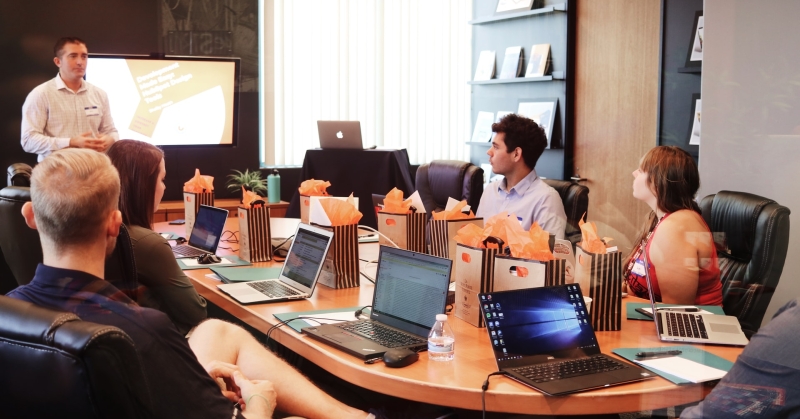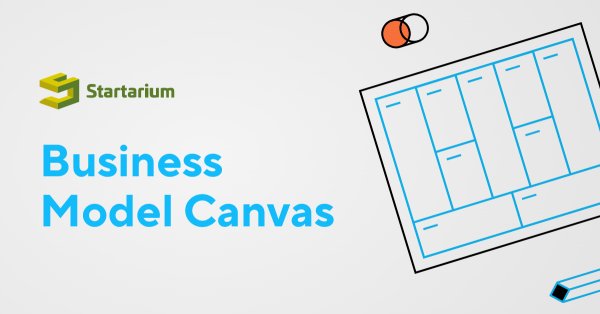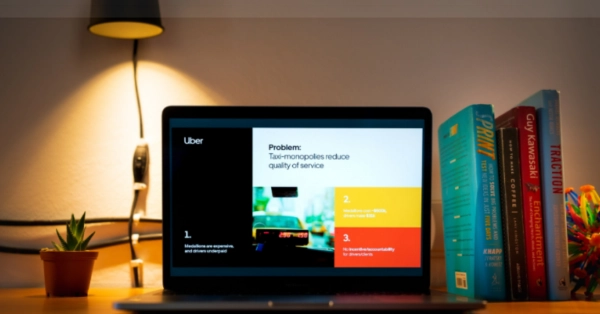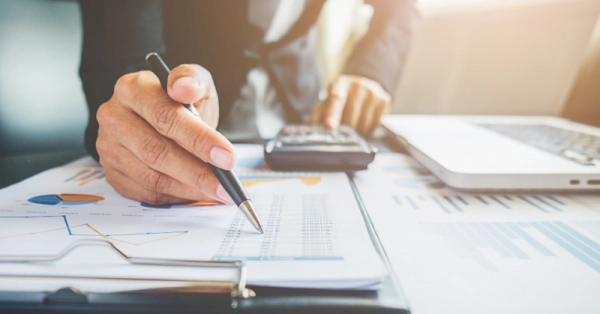Here are some terms you will learn in this course!

Sustainable development
Development that meets the needs of the present without compromising the ability of future generations to meet their own needs” (Brundtland Commission, 2017).
Sustainability
“The possibility that humans and other life will flourish on Earth forever” (Ehrenfeld, 2008).
Economic sustainability
Represents the need to guarantee economic success to a company and its stakeholders (Vachon and Mao, 2008).
Environmental sustainability
Is concerned with reducing environmental impact through more efficient use of materials and natural resources and pollution prevention (Rothenberg, 2001).
Social sustainability
It involves benefits that have an impact both outside the company (i.e. benefits that a company may bring to the surrounding society) and inside the company (i.e. supporting worker health, safety and well-being, encouraging future generations to develop skills and capabilities, and promoting high quality of life) (Pagell and Wu, 2009).
Triple bottom line (TBL) framework
Measures the organization's economic value, “people account” (the company’s degree of social responsibility), and “planet account” (the company’s environmental responsibility).
Business model
The underlying structure of how a company creates, delivers and captures value. In its most simplistic form, it is how a business makes money.
Business resilience
The ability of an organisation to adapt in a changing environment to enable it to achieve its objectives and prosper.
Business transformation
Making bold and fundamental changes to the way business operates, rather than making incremental step changes to the status quo.
Carbon footprint
Total emissions of greenhouse gases (in carbon equivalent) for an activity or organisation over a given period of time.
Carbon Neutral
Balancing greenhouse gas emissions with an equivalent amount of independently verified carbon offsets. Also referred to as net zero greenhouse gas emissions.
Circular Economy
An economy where waste and pollution are designed out, products and materials are kept in use and natural systems are regenerated.
Climate change
A long-term shift in global weather patterns or average temperatures. Scientific research shows that, compared with climate change patterns throughout Earth’s history, the rate of temperature rise since the Industrial Revolution is extremely high. Rising temperatures can lead to extreme weather such as droughts, sea level rises and retreating glaciers.
Collective Impact
Cross-sector coordination to bring about large-scale change.
Doughnut economics
An economic theory, represented by a doughnut-shaped diagram, for operating within the boundaries of social and environmental sustainability.
Electric vehicle
A vehicle that runs on electricity powered by a battery that can be plugged in to recharge. A vehicle that uses a battery and conventional engine is called a plug-in hybrid electric vehicle.
E-waste
Discarded electronic appliances such as mobile phones, computers, and televisions.
Ethical investment
The avoidance of investment in activities considered unethical and unsustainable, in favour of those that are either considered less harmful, benign or socially and environmentally positive.
Fair Trade
An alternative approach to conventional trade, based on a partnership between producers and consumers, to ensure that farmers and workers get a fair share of the benefits of trade.
Greenwashing
Activities, usually marketing, intended to make people believe a company is doing more to protect the environment than it really is.
Life cycle assessment (LCA)
The process of attempting to measure the environmental impacts of a product or service throughout its existence.
Microplastics
Small pieces of plastic, less than 5 mm in length, found on land and water as a result of plastic pollution.
Product stewardship
A concept where businesses take responsibility for the environmental impact of the products they make, sell or buy. This involves all stages of the product’s life cycle, including end-of-life management.
Recycling
Processing materials that would otherwise be thrown away and turning them into reusable material. In closed loop recycling materials from a product are recycled to make the same, or a similar, product without significant degradation or waste. This can be done repeatedly. In open loop recycling materials from a product are used to make a different type of product.
Remanufacturing
Rebuilding a product to its original specifications using a combination of reused, repaired and new parts.
Renewable energy
Energy that comes from natural sources that are constantly replenished like wind, water and sunlight.
Recyclable
A product or material that can be collected, processed and manufactured into a new product.
Shared value
A management principle that seeks market opportunities for business to solve social problems.
Sharing economy
A system whereby consumers share access to products or services, rather than having individual ownership.
Social capital
The collective value of all social networks; the links and shared values in society that enable individuals and groups to work together.
Social enterprise
Businesses that operate to tackle social problems, improve communities or the environment. They reinvest their profits back into the business or community.
Supply chain
A network between a company and its suppliers to produce and distribute a specific product to the final buyer.
Sustainability
Sustainability is a balance of society, economy and environment for long-term resilience.
Sustainable business
A business that is economically viable, socially responsible and environmentally conscious.
Sustainable design
Designing products, services and the built environment in keeping with principles of sustainability.
Sustainable Development Goals (SDGs)
A collection of 17 global goals designed to end poverty, protect the planet and ensure that all people enjoy peace and prosperity by 2030. They were adopted by the UN in 2015.
Sustainable procurement
Decisions when buying products and services that include social and environmental factors along with price and quality.
Systems thinking
An approach to problem-solving that views ‘problems’ as part of a wider, dynamic system. It is the process of understanding how things influence one another as part of a whole.
Triple Bottom Line
A phrase first coined by John Elkington in 1994, describing the separate but interdependent financial, social and environmental ‘bottom lines’ of companies.
Value chain
The full range of activities needed to create a product or service.
Waste stream
The complete flow of a specific type of waste from domestic or industrial areas through to recovery, recycling or disposal.
Zero carbon
A term sometimes used to describe a product or service that creates no CO2 or greenhouse gas emissions during production and/or operation.
Zero waste
A target of sending no waste for disposal via landfill or burning.























